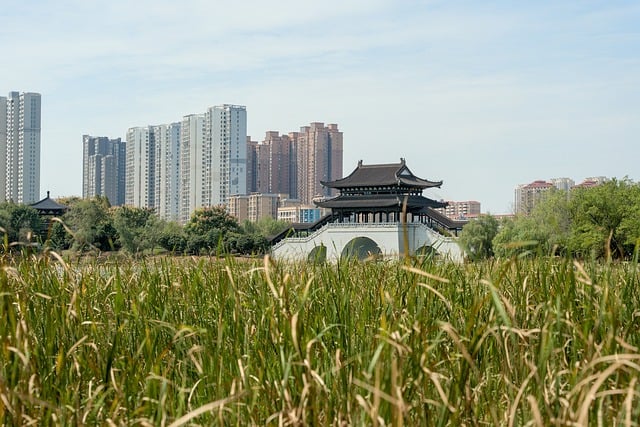In our increasingly urbanized world, the importance of community plant care cannot be overstated. Gardening has a unique ability to bring people together, fostering a sense of camaraderie while nurturing not only our plants but also our environment. By embracing eco-friendly practices, we can cultivate a community spirit that resonates with our love for nature.
Imagine walking down the street and seeing a vibrant community garden thriving with various plants, their colors radiant and inviting. Such gardens not only beautify neighborhoods but also improve air quality, reduce urban heat, and support local wildlife. Engaging in community plant care helps build stronger bonds among neighbors while promoting environmentally sustainable practices. When we work together to tend to plants, we learn from one another, sharing valuable tips and experiences that enrich our gardening knowledge.
One of the most crucial aspects of eco-friendly gardening is to use native plants whenever possible. Native plants are adapted to local conditions and provide essential habitat for wildlife, particularly pollinators like bees and butterflies. Encouraging community members to participate in selecting and planting species that thrive in the local ecosystem can create a resilient garden that flourishes year after year.
Another vital component of responsible community plant care is water conservation. Water is a precious resource, and using techniques like rainwater harvesting or the installation of drip irrigation systems can dramatically reduce waste. Additionally, organizing workshops on efficient watering practices can empower community members with the knowledge needed to keep their plants healthy without overusing water.
Composting is a fantastic way to enhance soil health while minimizing waste. Local composting initiatives not only provide a sustainable source of nutrients for the garden but also encourage community members to rethink how they dispose of their organic waste. Hosting composting demonstrations can engage neighbors and create a shared responsibility for the health of the environment.
Regular gatherings for community plant care activities foster both a sense of responsibility and a chance to socialize. Whether it’s organizing a monthly weeding day, planting new seedlings, or simply having a potluck picnic among the flowers, these events cultivate a green thumb feeling. They serve as a reminder that investing time in the environment brings rewards that extend beyond our gardens.
As we continuously learn about the importance of biodiversity, communities can create habitats through their plant care practices. Planting a variety of species not only enhances the beauty of our surroundings but also provides essential resources for various creatures. Encouraging neighbors to plant flowers, fruits, and vegetables can lead to a dynamic ecosystem where local fauna thrive.
Ultimately, the act of participating in community plant care is a gesture of love for our planet. By sharing our passion for gardening with others, we create supportive networks that strengthen our bonds to both one another and the earth. So, gather your neighbors, pick up your gardening tools, and let’s cultivate a greener, more sustainable community together!




